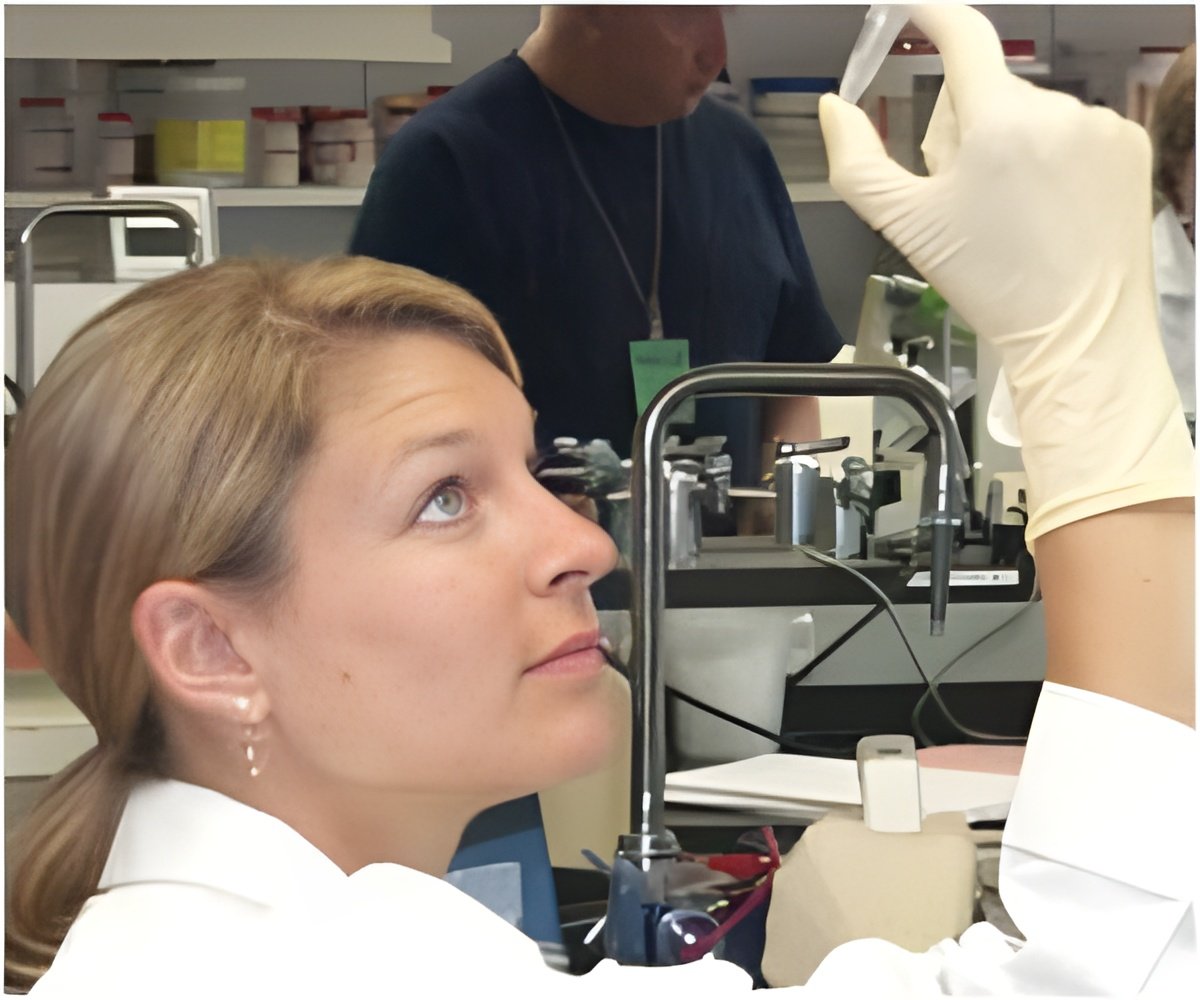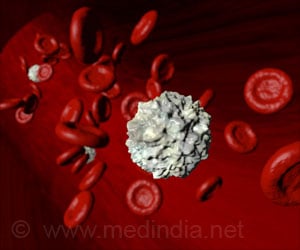Studies headed by women scientists in infection disease research have lower funding that those headed by men.

Attempts should be made to explore the reasons behind these differences, particularly in light of the fact that the UK government is committed to boosting the number of women choosing a career in science, say the study authors.
They base their findings on an analysis of funding awards made to UK academic institutions for all infectious disease research from 1997 to 2010. They included all disease categories; public and philanthropic funders; and all phases of the research and development pipeline.
Some 6052 studies were included in the final analysis, worth a total of £2.274 billion in grants. Almost three quarters of these (72%, 4357) were awarded to men, with the remainder (28%, 1695) awarded to women.
And men got most of the total investment, clocking up £1.786 million (78.5%), while women got £488 million (21.5%). Women's total share ranged from just over 14% in 1998 to just under 27% in 2009.
Analysis of the sums awarded to individual research projects showed that women also received substantially less money than men did. The average value of a grant awarded to men was £179,389 compared with £125,556 for women.
Women got the smallest share of total funding for the earliest phase of research and development (pre-clinical research) - at just over 18% - and got the largest (for them) for the latest phase (operational research) - at just under 31%.
Similarly, they didn't know the seniority of the lead researcher in each of the studies so couldn't tell whether there were more men than women scientists at senior level leading research projects and seeking funding. This might explain some of the discrepancy.
But previous research indicates that there are significant gender differences in the amount of funding awarded, even after taking account of the seniority of the principal investigator.
The authors comment that the differences in research funding awarded by gender are "substantial," and that these differences are "clear and consistent."
They write: "Women received less funding in absolute amounts and in relative terms, by funder and the type of science funded along the R&D pipeline. These differences in funding between men and women persist over time."
And they conclude: "We strongly urge policy-makers, funders and scientists to urgently investigate the factors leading to the observed differences and develop policies to address them, in order to ensure that women are appropriately supported in scientific endeavour."
Source-Eurekalert
 MEDINDIA
MEDINDIA



 Email
Email




